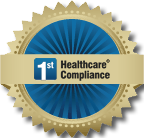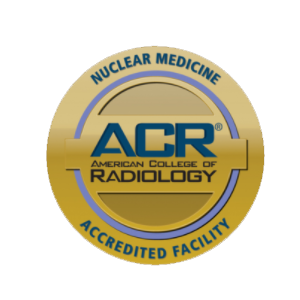Preventive health care is a multifaceted approach to a healthy lifestyle that incorporates various strategies to reduce risk for illness and disease. Screenings are a vital component of preventive care, even for yoaung men. Regardless of how fit a young man is or how healthy he feels, these screenings should be part of health care regimens for all men between the ages of 18 and 39.
- Blood pressure: The U.S. Department of Health and Human Services (USDOH) and the National Institutes of Health (NIH) urge men between the ages of 18 and 39 to have their blood pressure checked at least once every two years. Many men already have their blood pressure checked during annual wellness visits, which all men should schedule regardless of their fitness levels and overall health. Men with preexisting conditions, including diabetes, heart disease, and kidney problems, may need more frequent blood pressure screenings. In addition, annual screenings are recommended if the top number is between 120 and 139 and/or the lower number is between 80 and 89.
- Cholesterol: Men with no known risk factors for coronary heart disease are urged to get annual cholesterol screenings beginning at age 35. Men with known risk factors should begin receiving annual screenings at age 20. More frequent screenings might be necessary for individuals with diabetes, kidney problems, or heart disease.
- Diabetes: Risk factors and warning signs will dictate if men between the ages of 18 and 39 require diabetes screening. For example, the U.S. National Library of Medicine (USNLM) notes that a BMI over 25 is considered overweight, which is a risk factor for diabetes. Men who fall into this category should be screened for diabetes starting at age 35. (The USNLM urges Asian American men to be screened if their BMI exceeds 23). Providers also may test men’s blood sugar levels if their blood pressure is 120/80 or higher and/or if they have a first degree relative with diabetes or a history of heart disease.
- Infectious disease: The USNLM urges all individuals, including healthy young men, to be tested for hep C, an infectious disease caused by the HCV virus that primarily affects the liver, at least once between the ages of 18 and 79. Doctors also may recommend additional screenings for sexually active young men, who may be tested for syphilis, chlamydia, HIV, and other infections.
- Testicular cancer: The National Cancer Institute reports that testicular cancer is the most commonly diagnosed cancer in men between the ages of 15 and 34. The USNLM advises against testicular self-exams, so young men should discuss testicular cancer screenings with their physicians, especially if they notice any changes in the size or shape of their testicles.
- Dental checkup: Men are encouraged to visit the dentist twice a year for an exam and cleaning. Dentists can determine if more frequent visits are necessary.
Preventive health care is vital for everyone, including men between the ages of 18 and 39.

 APPLY ONLINE TODAY!
APPLY ONLINE TODAY!




